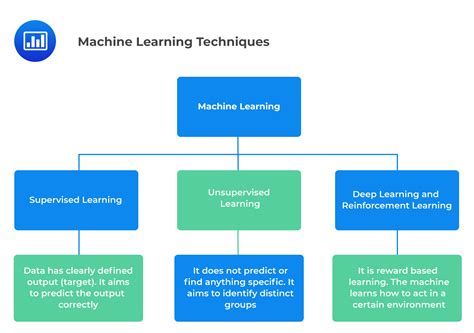As a machine learning, it reformulates tokens distribution strategies
The world of distribution of tokens was a critical part of various sectors, including finances, games and social media. The traditional strategies of allocation of chips depend very much on human judgment, which may be subjective and prone to errors. However, the arrival of machine learning technologies (ml) has caused the way to control tokens, providing more efficient, more objective and scalable access.
Historical background
In traditional tokens distribution strategies, people were responsible for allocating chips based on their perceived value or comfort. Usually it led to prejudice, bad -a ineffective distribution of resources. For example, in the first days of the cryptocurrency, a decentralized Bitcoin network was tortured by disputes about the allocation of the block remuneration, which could lead to significant financial losses.
The rise of machine learning
Machine learning technologies have appeared as a basin for tokens distribution strategies. By using the analysis and analysis of data, ML can analyze large data files to identify patterns, trends and relationships that are based on tokens market behavior. This allows developers to create more accurate, more efficient and objective allocation models.
Applications -chave machine learning in tokens distribution
1.
- Optimization algorithms : Techniques such as linear programming and dynamic programming allow ideal allocation of market -based tokens and resource limitations.
3.
Advantages of machine learning in tokens distribution
1.
- Scalability : Machine learning efficiency is significantly higher than traditional methods, allowing rapid iteration and optimization.
- Reduced human error : Automated decision -making reduces the likelihood of bias and supervision errors.
- Improved transparency : ML algorithms provide transparent explanations for their predictions and recommendations.
Examples of the real world
1.
2.
3.
Future Calls and Instructions
Although the benefits of machine learning in the distribution of tokens are clear, there are also challenges to overcome:
1.
- Interpretability : When complex algorithms have spread, it is necessary to ensure that decisions processes are transparent and interpretable.
3.
Conclusion
Integration of machine learning into tokens distribution strategies has the potential to revolutionize the way in which sources are allocated in different sectors.



